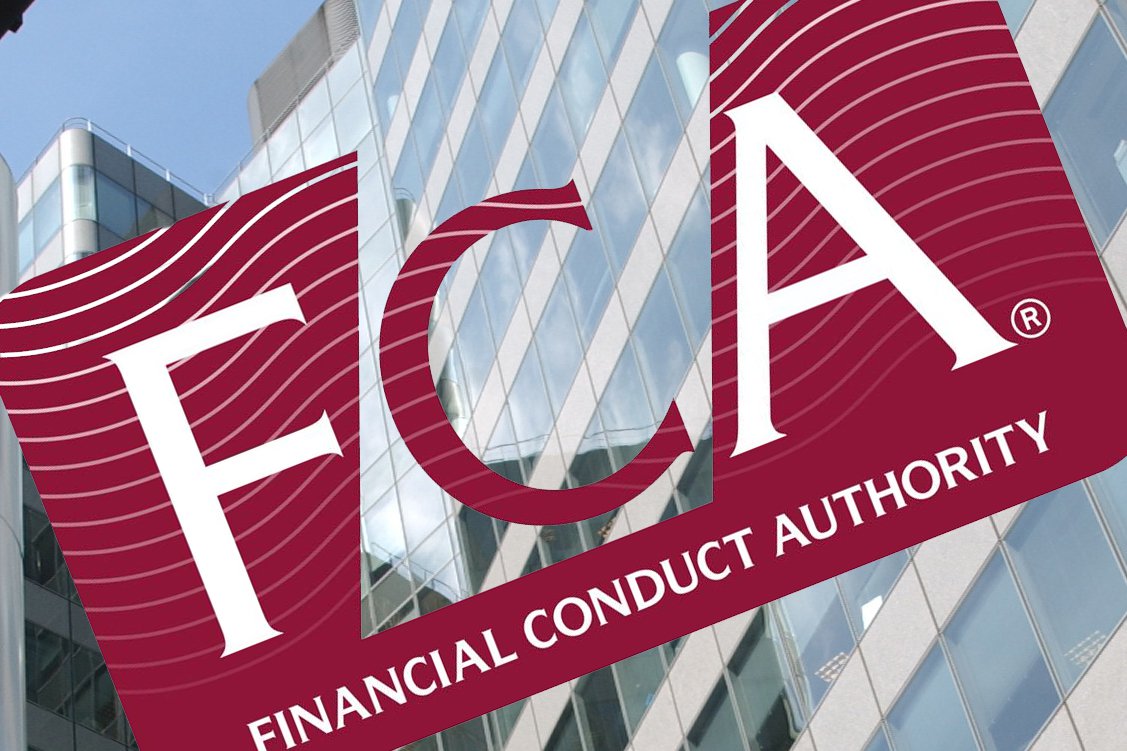Susannah Streeter, Senior investment and markets analyst, Hargreaves Lansdown
The mini-budget has been torched yet again, with a corporation tax freeze the latest policy to go up in flames – risking turning Liz Truss’s growth agenda to ashes. Rowing back on pledges not to raise corporation tax hasn’t come as a shock, either to politicos or the markets.
Truss had to do something to try to convince investors that unfunded tax cuts weren’t out of control, and that the government was trying to take a more responsible fiscal approach.
The tax-cutting agenda billed as a solution to the UK’s growth problem might have won plaudits amid the Tory grass roots but on the international stage it’s been highly criticised as going against the Bank of England’s attempts to pull down punishing inflation. Instead of giving a boost to business, the plans have resulted instead in costs of borrowing going up for the government, consumers and companies.
This move hasn’t succeeded in reassuring the investors significantly. They are still reeling from Kwasi Kwarteng going abruptly from arrivals to a humiliating departure, in a fresh bout of UK political turmoil. The pound has stayed pretty volatile, falling back on the news of the Chancellor’s sacking, and has been hovering around the $1.12 mark, given that the expectation of policy reversal had already been priced in.
Over the medium term the tax reversal may silence the bond vigilantes a little and stem a further exodus from gilts, but the government’s economic credibility has badly suffered over the past few weeks and it’ll take a lot more to repair the damage.
Parachuting Jeremy Hunt into number 11, who was a key supporter of her rival for the leadership, Rishi Sunak, shows how desperate the Prime Minister is to build bridges with the wider Conservative Party. It shows a growing awareness that concentrating group-think in a small cabal of fervent fans might have been partly to blame for the political and economic debacle the government has experienced. Jeremy Hunt also campaigned against Brexit so there will be hopes the new Chancellor will adopt a more reconciliatory approach towards the EU when it comes to any cabinet discussions on the direction of travel for trade talks.
We don’t yet know whether this is the end of the bonfire of the Mini-Budget. Liz Truss will be keen to draw a line in the sand, but we can’t underestimate the power of the markets to continue to disrupt her plans.
Sarah Coles, senior personal finance analyst, Hargreaves Lansdown: “This move has slashed the unfunded tax cuts roughly in half – adding £18 billion back into the pot, but it remains to be seen whether this is going to be enough to restore faith in the UK economy. If we see more uncertainty and volatility in the markets, there’s a chance the government could turn its attention to personal taxes, and the cuts to National Insurance and basic rate income tax we’re expecting in April.
“This was one bright spark of hope for an awful lot of people, crushed by rising prices on all sides, facing incredible hikes in mortgage rates, and dealing with the worry of sky-high energy prices as we enter the winter. The extra breathing space this was set to give them could be sucked out of their budgets at a stroke,
“We can only hope that if push comes to shove and these tax cuts are shelved, that it will help bring mortgage rates back down to something less horrifying for borrowers, and provide some relief from another quarter.”





